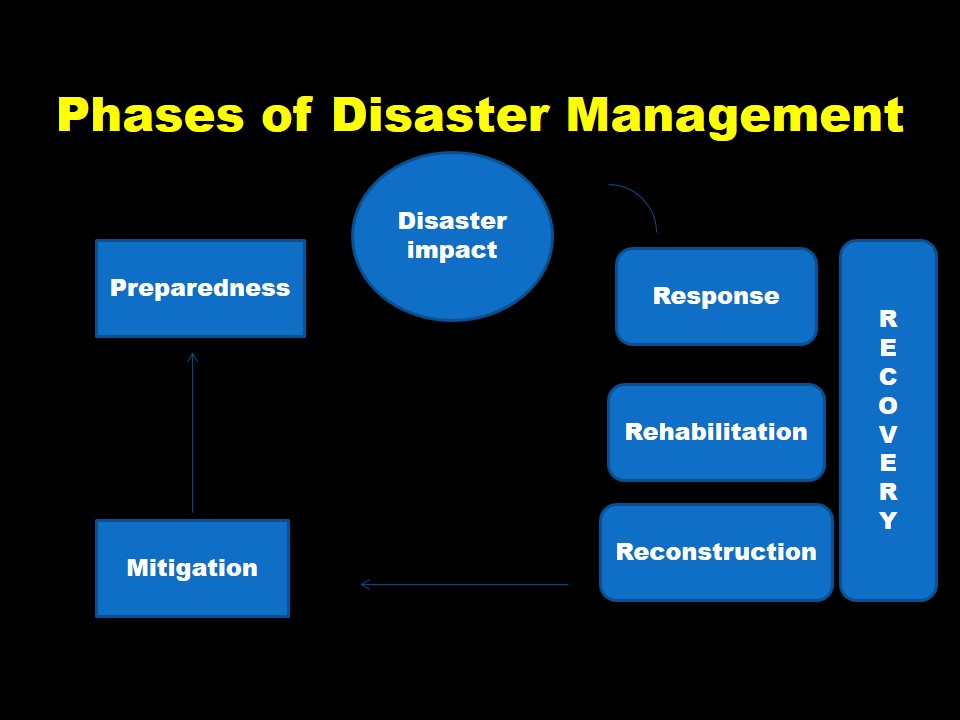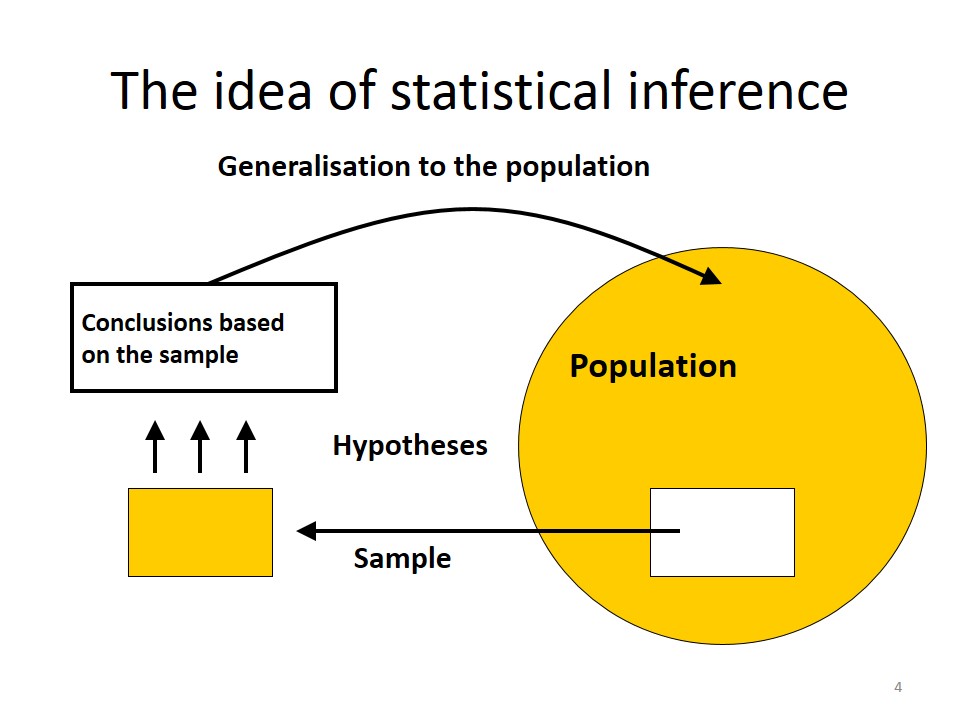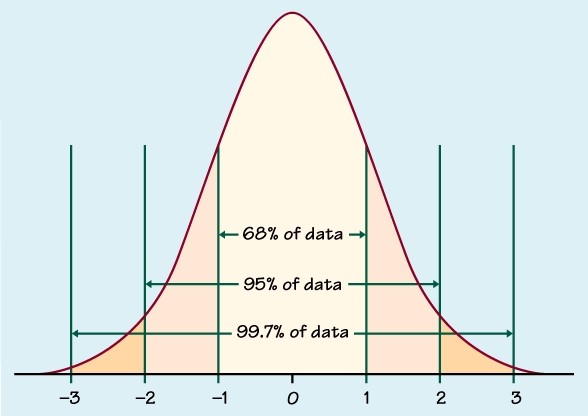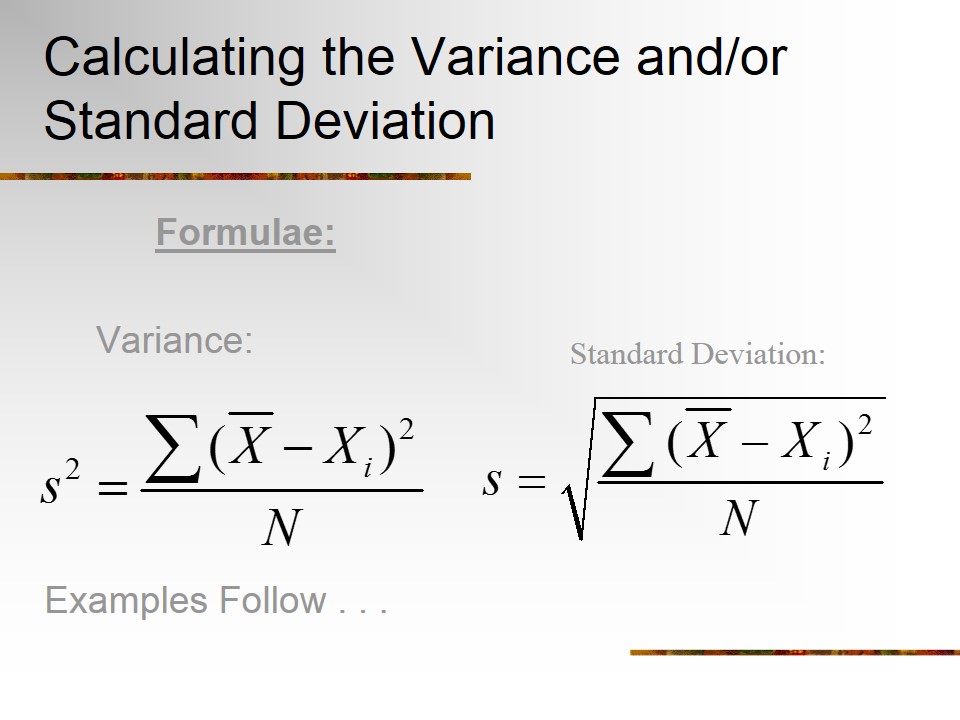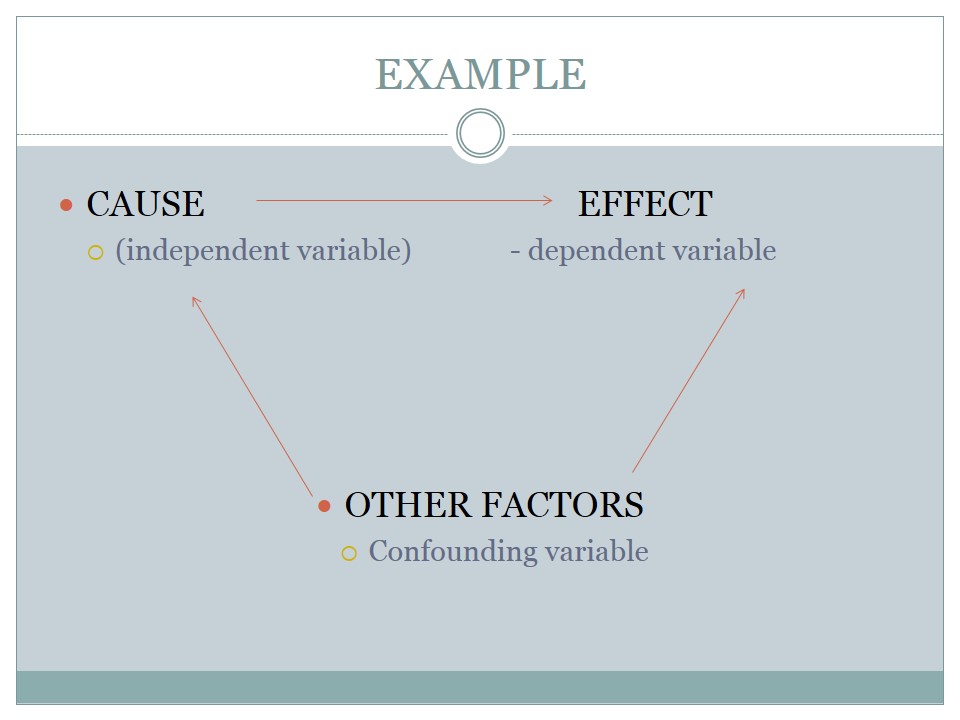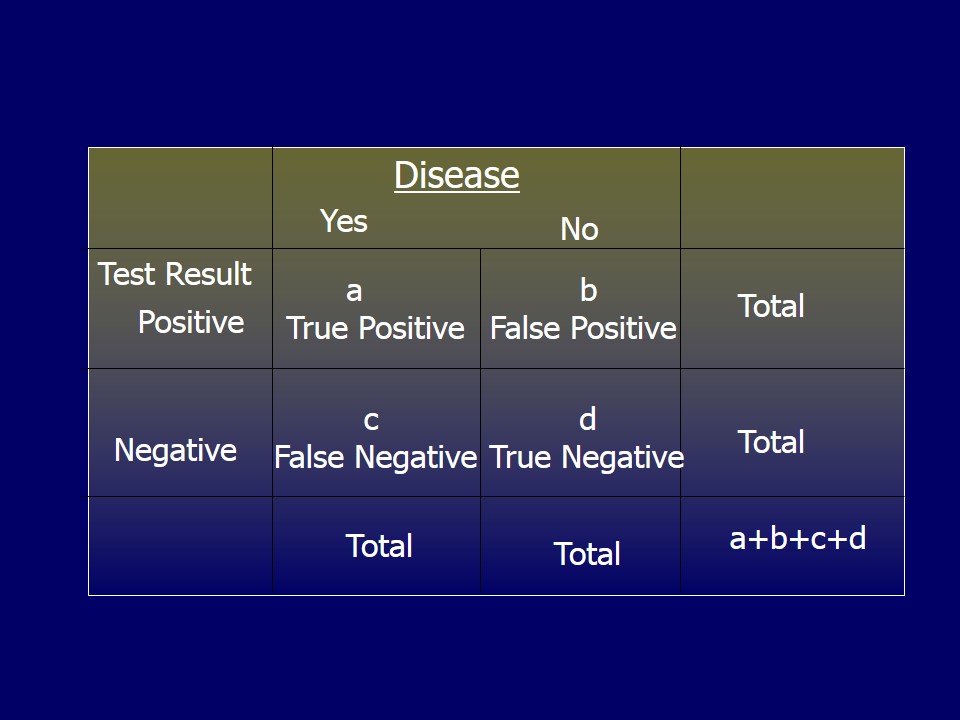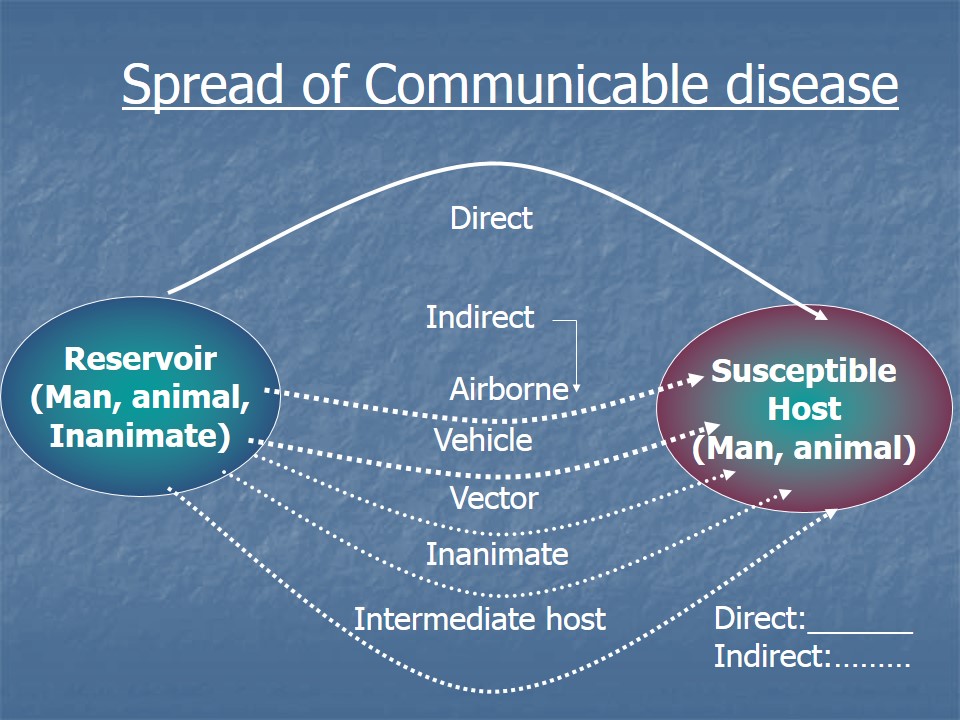Disaster may be defined as ‘An overwhelming ecological disruption occurring on a scale sufficient to require outside assistance’ PAHO 1980. … Read More »
Tests of Statistical Significance
Statistical Inference TRUE STATE OF AFFAIRS EFFECTIVE NOT EFFECTIVE EFFECTIVE True positive(correct) False positive(type I / alpha error) Conclusion of … Read More »
Significance Testing and p value
In inferential statistics, we use patterns in the sample data to draw inferences about the population represented, accounting for randomness. … Read More »
Standard Error and Confidence Interval -Generalizing Results over Population
Standard Error Standard error is the measure of extent to which the sample mean deviates from true population mean. It … Read More »
Measures of Variablility
Central Tendency doesn’t tell us everything. Dispersion/Deviation/Spread tells us a lot about how a variable is distributed. We are most … Read More »
Measures of Central Tendency
The goal of measures of central tendency is to come up with the one single number that best describes a … Read More »
Normal Distribution Curve
Characteristics of the Normal Distribution It is symmetrical — Half the cases are to one side of the center; the … Read More »
Biostatistics -An Introduction
Statistics is the art and science of making decisions in the face of uncertainty. Bio statistics is statistics as applied … Read More »
Screening for Disease
Screening may be defined as “The presumptive identification of unrecognized diseases or defect by the application of tests, examinations or … Read More »
Prevention of Sexually Transmitted Diseases
Sexually transmitted diseases are a group of communicable diseases that are transmitted predominantly by sexual contact. They are caused by … Read More »
 howMed Know Yourself
howMed Know Yourself
